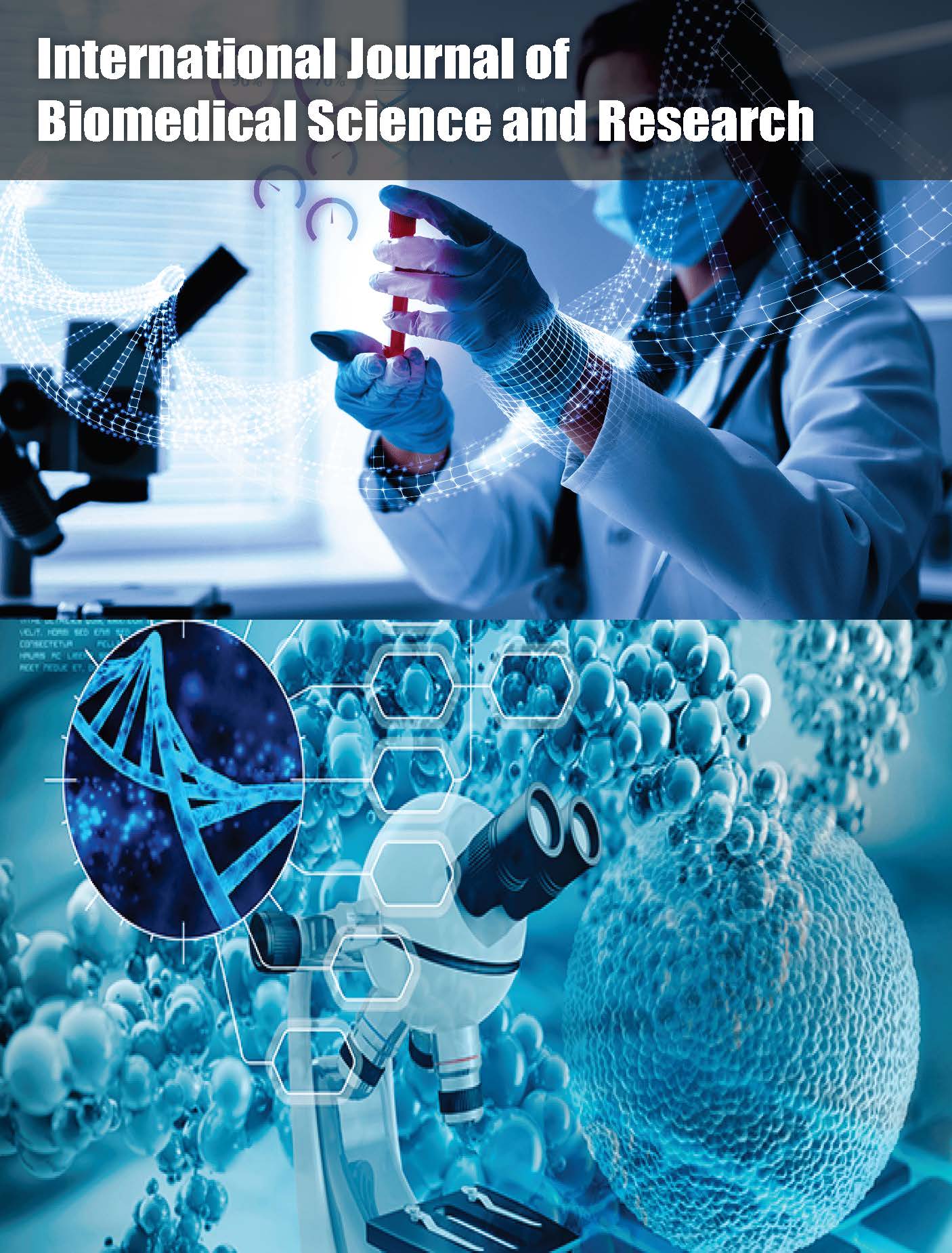International Journal of Biomedical Science and Research
Effect of Phototherapy on Serum Levels of Calcium, Magnesium, Phosphorus, and Vitamin D in Infants with Hyperbilirubinemia
Abstract
Pulak Agarwal
Background and Aims: Neonatal hyperbilirubinemia (NH) is a common neonatal condition, affecting 60% of full- term and 80% of preterm infants, especially in regions with limited healthcare resources. Phototherapy is the standard treatment for NH, utilizing blue-green light to convert bilirubin into excretable isomers. However, phototherapy has been associated with side effects, including alterations in serum levels of calcium, magnesium, phosphorus, and vitamin D, which are critical for bone metabolism and neonatal health. This study aimed to assess the impact of phototherapy on these biochemical parameters in neonates with NH.
Methods: A prospective observational study was conducted in the Nursery Ward, tertiary medical hospital of north India, from September 2022 to March 2024. Sixty neonates with NH requiring phototherapy were included, following ethical approval and informed consent. Serum levels of calcium, magnesium, phosphorus, and vitamin D were measured at baseline and after 48 hours of phototherapy using chemiluminescence and enzymatic methods. Statistical analysis included paired t-tests to determine significant changes.
Results: Phototherapy significantly reduced calcium, magnesium, and vitamin D levels in the 3rd samples compared to baseline (P<0.05), with stabilization by the 4th sample (P>0.05). Phosphorus levels showed similar trends. Weak correlations were observed between these parameters, neonatal weight, and gestational age.
Conclusion: Phototherapy transiently affects serum calcium, magnesium, phosphorus, and vitamin D levels. Routine monitoring and early supplementation may mitigate potential risks and optimize neonatal care.

